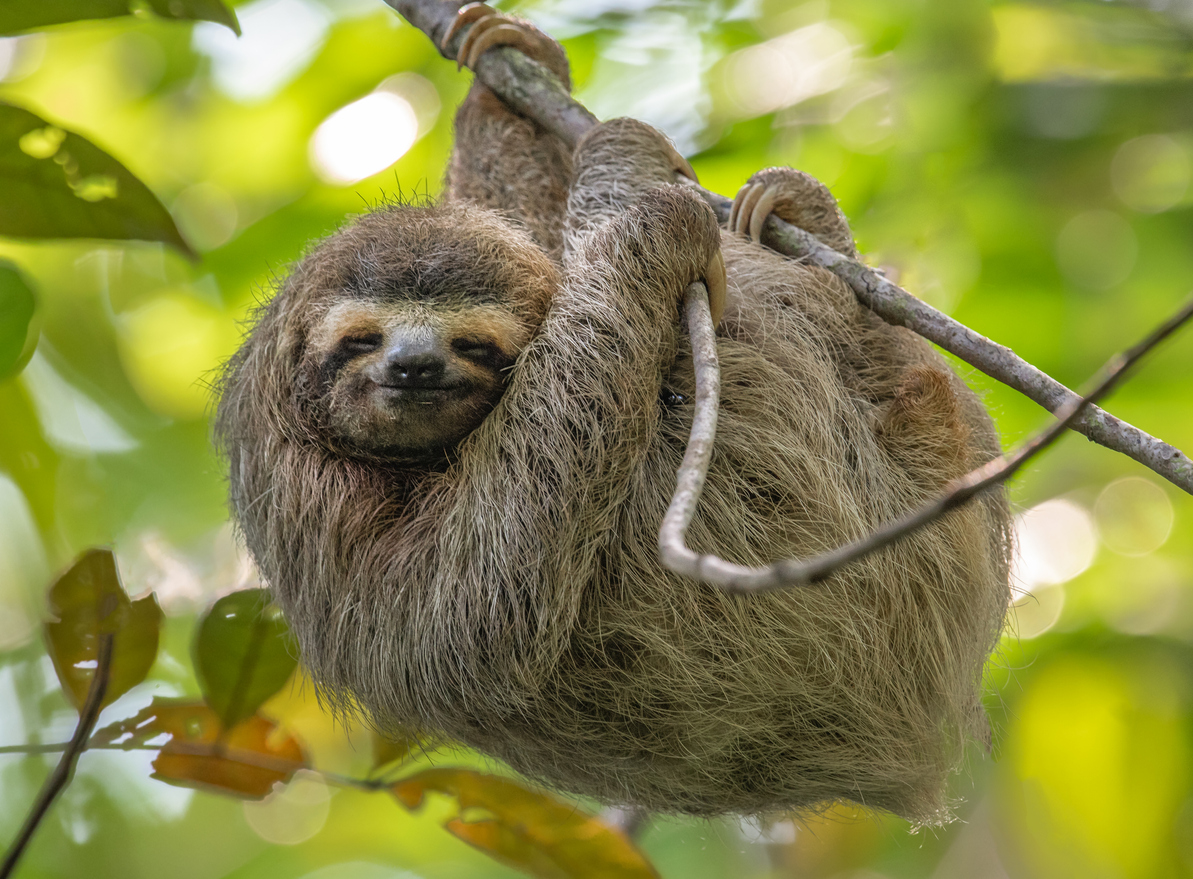Is It Legal to Own a Pet Sloth in Missouri?
Ryan Bradley | January 20, 2022 | Personal Injury

Buying a new pet can be a lot of fun. Not only do these furry friends offer companionship (and look cute doing it), but they are also proven to boost human health. According to the CDC, there can be many benefits to owning a pet.
When you own a pet, you’re more likely to exercise. Whether you are playing on the floor or going on a walk, it can help to improve your physical health. There are even some mental health benefits of pet ownership. If you need help managing loneliness or depression, a pet can be the perfect solution.
Of course, the most common debate is whether you’re a cat or a dog person. But what if you’re neither? What if you want a pet that’s a bit more exotic? If you’re wondering whether it’s legal to own a pet sloth in Missouri, you’ve come to the right place.
Table of Contents
The Exotic Pet Laws in Missouri
Missouri has some pretty strict guidelines regarding exotic animals — and for good reason. Some animals should simply not be kept as pets for the safety of both the individuals and the animals. But do sloths fall on the no-go list in Missouri?
In Missouri, it is a criminal offense to keep a dangerous wild animal, unless it is kept at a circus, animal refuge, zoo, or educational institution.
And according to the law, dangerous animals include:
- Poisonous reptiles
- Dangerous reptiles over 8 feet long
- Coyotes
- Primates
- Bears
- Wolves
- Hyenas
- Jaguars and other big cats
If you are found with one of these animals, you could face a Class C misdemeanor charge.
Since sloths are not specified under the exotic animal laws of Missouri, it’s safe to assume that owning one is legal in the state. But before you search “sloths for sale in Missouri,” take a moment to consider. You can own a sloth in Missouri, but should you?
Why Sloths May Not Make the Best Pets
Ultimately, the decision to own a sloth as a pet is up to you. But before you go, consider these important facts:
1. Sloths Are Wild Animals
Even in a domestic setting, a sloth is a wild animal. And wild animals are best suited for life in the wild. Wild animals have complex needs. Those social, nutritional, behavioral, and psychological needs cannot always be met in a domestic setting.
Unlike dogs, cats, horses, and other domesticated animals, sloths have not been adapted to live alongside humans. Unfortunately, you just cannot know what to expect from life with a wild animal.
2. Sloths Prefer Solitary Lifestyles
If you are buying a sloth for companionship, you’ve got the wrong idea. The truth is that these animals prefer a solitary lifestyle. In the wild, staying solitary helps them to remain undetected by predators.
3. Sloths Require Specialized Care
Sloths have sensitive stomachs and require a careful attention to their diet. You may find it difficult to find a veterinarian who can care for your sloth’s medical needs. They prefer warm areas where they can sleep in trees or hammocks. This might not fit the space that you have for them.
4. Sloths Can Bite
When you imagine a sleepy sloth, huge and sharp teeth are usually the last thing to come to mind.
Yet within the mouth of this sweet-looking animal lies teeth that are dangerously large and sharp. When scared or irritated, a sloth will bite. Those injuries can be devastatingly painful and traumatic.
Contact Our Personal Injury Law Firm For Help Today
For more information, please contact Bradley Law Personal Injury Lawyers at your nearest location to schedule a free case evaluation today.
St. Louis Office
1430 Washington Ave Suite #226 St. Louis, MO 63103
(314) 400-0000
Kansas City Office
1509 NE Parvin Rd, Suite A., Kansas City, MO 64116
(816) 408-3448
Or if you would prefer to reach out to us online, please visit our contact us page.

